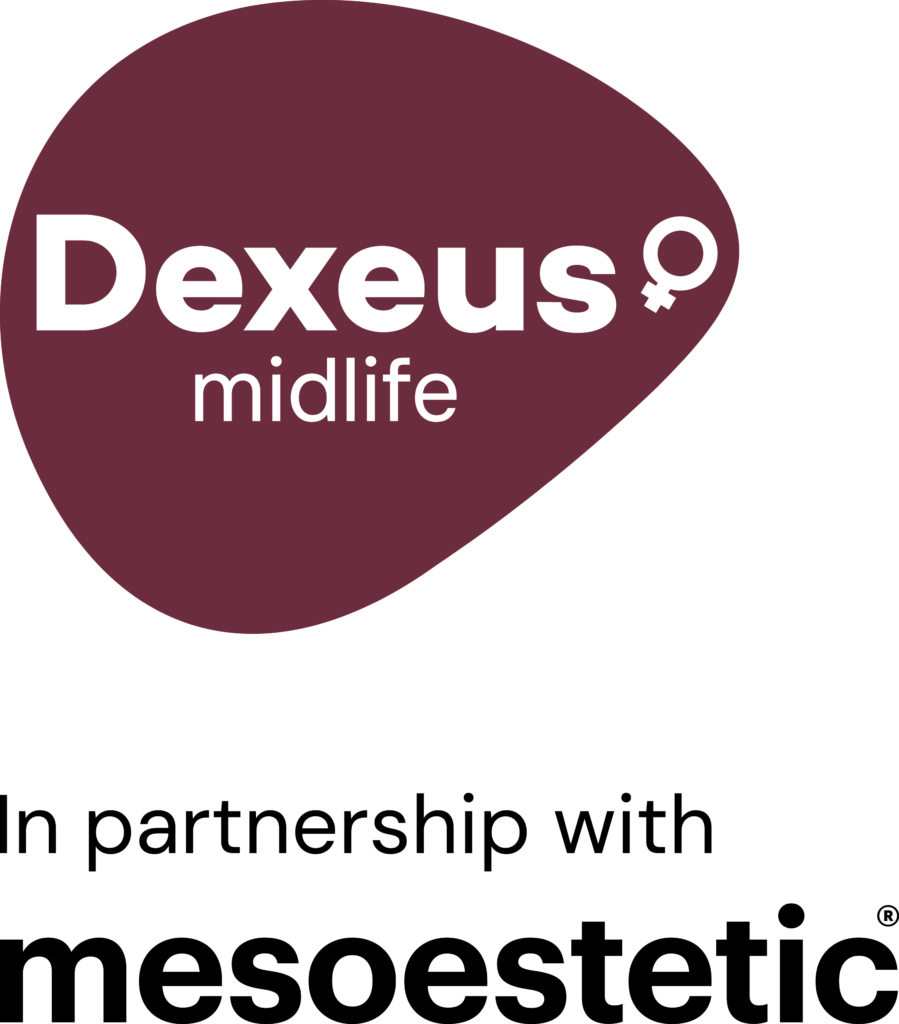Menopause is a natural stage in a woman’s life that involves major hormonal changes. Decreased oestrogen and progesterone levels can disrupt sleep quality and cause insomnia, night-time awakenings, hot flushes or sleep apnoea, as well as contribute to the onset of restless legs syndrome. These problems not only interfere with restful sleep but also affect daily performance, mood, cardiovascular health and overall well-being. Poor sleep can accelerate ageing and reduce quality of life.
At the AdSalutem Sleep Unit, our multidisciplinary team specialising in sleep disorders offers a comprehensive approach that combines advanced diagnostic techniques – such as polysomnography and respiratory polygraphy – with personalised treatments. These include cognitive behavioural therapy for insomnia and, where necessary, the prescription of continuous positive airway pressure (CPAP) devices for sleep apnoea.
Polysomnography and respiratory polygraphy are tests used to assess sleep and detect potential disorders that may affect its quality. Polysomnography is a more comprehensive test that records parameters such as brain activity, sleep structure, eye movements, muscle activity, breathing, oxygenation and heart rate. Respiratory polygraphy, on the other hand, focuses mainly on respiratory variables such as airflow, oxygen levels, snoring and heart rate. However, these tests are not always necessary.
Our goal is to help you restore restful sleep and improve your quality of life during this stage.
What it is
The first step is to carry out a personalised assessment in order to gather information and explore the most appropriate treatment options. Below are the most common diagnostic tests used:
Diagnostic tests
- Clinical assessment: a thorough assessment of potential sleep disorders and menopausal symptoms.
- Respiratory polygraphy: overnight monitoring of breathing, oxygen levels and heart rate.
- Polysomnography: a comprehensive sleep study that monitors multiple parameters to diagnose sleep disorders.
- Actigraphy: continuous monitoring of the sleep-wake cycle for at least two weeks using a watch-like device.
Treatments
- Cognitive behavioural therapy: guidance on how to optimise sleep environment and routines to promote rest, together with psychological techniques to improve thoughts, behaviours and sleep habits.
- Other personalised treatments: Other personalised treatments depending on the diagnosis, including treatments for restless legs syndrome, parasomnias and circadian rhythm disorders, among others. These may involve behavioural therapy, chronotherapy or pharmacological treatment according to individual needs.
- CPAP therapy: a device that keeps the airways open during sleep by means of continuous positive airway pressure.
Who is the treatment intended for?
- The treatment is indicated for:
- Women going through the climacteric stage (peri- and postmenopause) who have difficulty falling asleep or staying asleep.
- Women seeking to improve their quality of life and overall well-being through better sleep.
- Women who have been told they snore heavily or stop breathing during sleep, or women who experience symptoms such as headaches, dry mouth on waking, daytime drowsiness, restless legs syndrome or sleep issues linked to menopause.
Expected results / benefits
- Improved sleep quality within the first few weeks of treatment.
- Reduced daytime fatigue and increased energy levels.
- Decreased long-term risk of cardiovascular disease.
- Better mood and overall quality of life.
Contraindications
- There are no specific contraindications for diagnosing and treating sleep disorders.
FAQs
La duración del tratamiento varía en función de cada caso y del diagnóstico. Algunos pacientes pueden experimentar mejoras significativas en pocas semanas, mientras que otros pueden requerir un seguimiento a largo plazo. El plan de tratamiento se ajusta a cada persona según su progreso y necesidades específicas.
Sí, es común. Entre el 40% y el 60% de las mujeres experimentan trastornos del sueño durante la menopausia debido a los cambios hormonales. Sin embargo, existen tratamientos efectivos para mejorar la calidad del sueño y aliviar los síntomas asociados.
Aunque existen medicamentos que pueden ayudar temporalmente, nuestro enfoque se centra en priorizar soluciones a largo plazo y sin efectos secundarios. Diagnosticamos adecuadamente cualquier trastorno del sueño para ofrecer un tratamiento dirigido. La terapia cognitivo-conductual y otros tratamientos no farmacológicos para el insomnio han demostrado ser muy efectivos para mejorar el sueño durante la menopausia.

